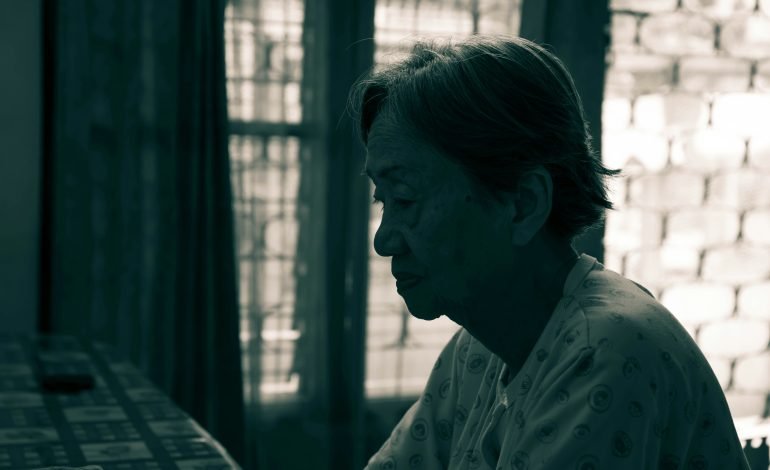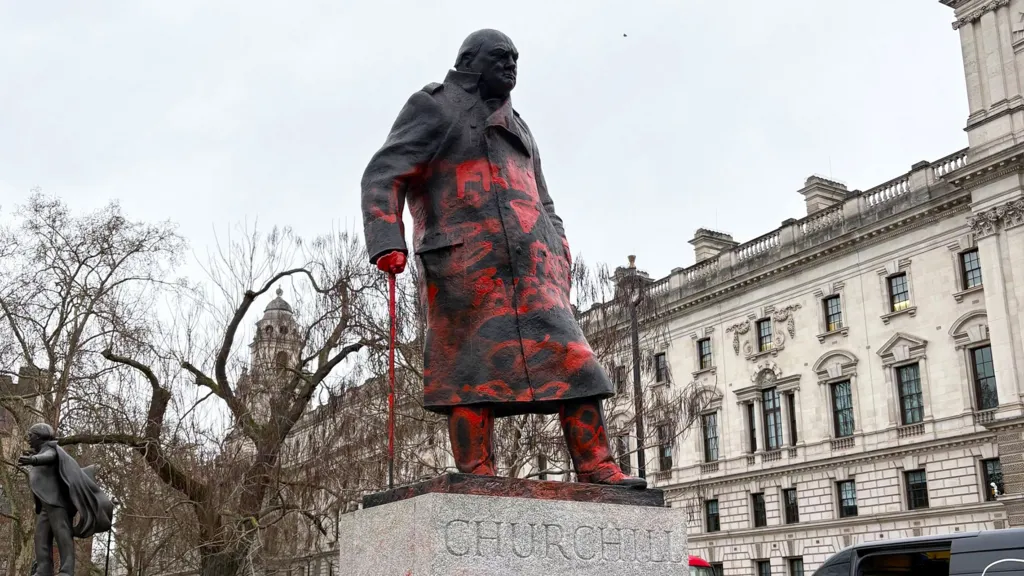
Winter fuel payments for millions of UK pensioners are being scrapped from next month, prompting warnings from Citizens’ Advice about a difficult winter ahead. With energy bills set to rise, concerns are growing over fuel poverty and the impact on vulnerable elderly people.
Dame Clare Moriarty, CEO of Citizens’ Advice, has been vocal in her criticism of the policy change. Speaking to the BBC ahead of a meeting with government and energy firm representatives, Dame Clare argued for more targeted support to help those with the greatest needs and lowest incomes. “Winter fuel payment will still be paid to people receiving pension credit, and that’s actually one of the most underclaimed benefits there is,” she said, noting that nearly 900,000 people eligible for pension credit are not currently claiming it. She urged people to apply for pension credit by 21st December to qualify for the winter fuel payment.
The prime minister, however, has defended the decision, citing a £22 billion deficit in the public finances that he claims must be addressed. “I didn’t want to means-test the winter fuel payment, but it was a choice we had to take,” he stated, suggesting that this was part of a broader effort to manage public spending. Yet, this rationale has faced criticism from some quarters, with analysts like Paul Johnson of the Institute for Fiscal Studies suggesting that a significant portion of the deficit is due to government choices, such as agreeing to higher pay awards in the public sector.
The government’s decision comes amid rising energy costs, with the energy price cap set to increase by 10% from October. This change, announced by Ofgem, means the average dual-fuel bill paid by direct debit in England, Scotland, and Wales will rise to £1,717 per year. The rising costs have prompted the Energy Consumers Minister, Miatta Fahnbulleh, to call a meeting to discuss measures to support households struggling with energy bills. Representatives from Ofgem, Energy UK, and Citizens’ Advice will also attend, with the aim of developing strategies to prevent households from falling into energy debt.
Calls for more comprehensive support are growing louder. Dame Clare has suggested the introduction of a “social tariff” – discounted energy bills for those least able to afford them – and urged energy suppliers to take greater responsibility for improving energy efficiency and offering flexible payment plans to those in financial difficulty. Meanwhile, Simon Francis, co-ordinator of the End Fuel Poverty Coalition, highlighted the potentially devastating impact on older people, especially those living with disabilities, long-term health conditions, or mental health issues, who may face the highest energy bills on record this winter.
Age UK has expressed similar concerns, estimating that up to two million pensioners will struggle to pay their energy bills due to the policy change. The charity has launched a petition calling for a government reversal of the decision, while the opposition Labour Party has also faced pressure to oppose the cut. However, both the UK and Scottish governments appear committed to the policy, with the Scottish government following suit in scrapping universal fuel payments.
Caroline Flint, chair of the Committee on Fuel Poverty, has described the progress in reducing fuel poverty over the past few years as having “flatlined”. She pointed out that while global events such as the war in Ukraine and the COVID-19 pandemic have contributed to rising costs, the government’s efforts to alleviate fuel poverty have stalled. Flint called for a broader eligibility for the Warm Home Discount, a one-off £150 discount applied to electricity bills, and a more robust strategy to tackle the issue, including measures to support private renters, who represent a significant proportion of those affected by fuel poverty.
As winter approaches, the debate over how best to support vulnerable households in the face of rising energy costs is likely to intensify. While the government maintains that the decision to cut winter fuel payments is necessary to manage public spending, charities, and campaigners argue that without more targeted support, many could face a difficult and potentially dangerous winter.
To learn more and join the call for a government U-turn on winter fuel payments, visit the Age UK petition page.









